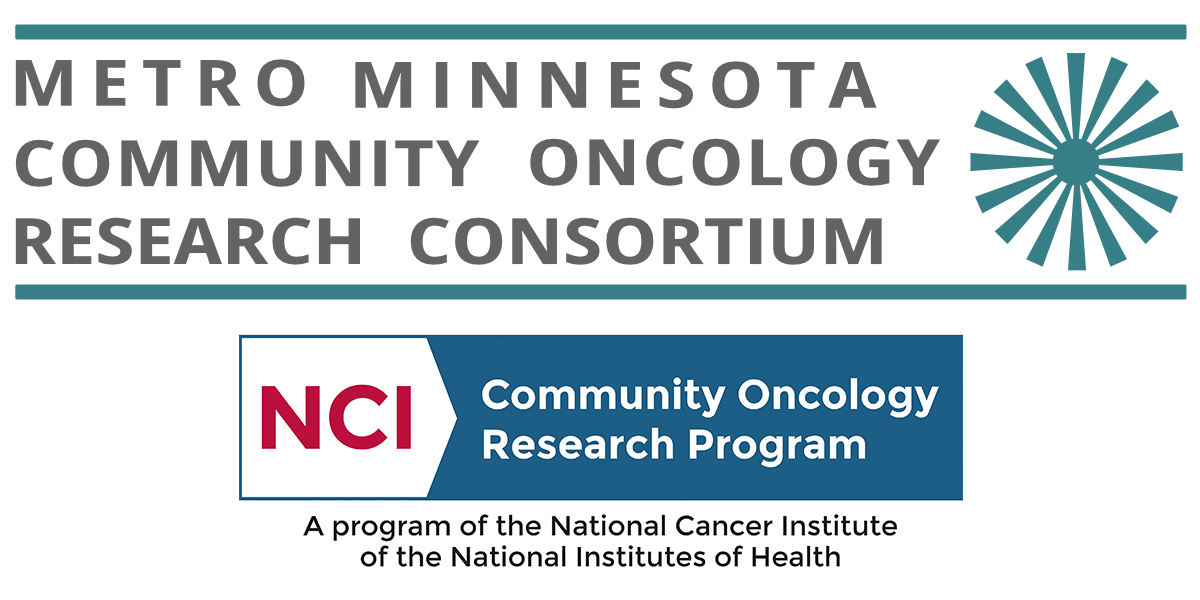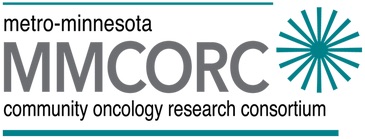The NCI Community Oncology Research Program (NCORP) is a national NCI-supported network that brings national cancer clinical trials to people in their communities. MMCORC is designated as a NCORP Community Site.
Study aims to identify the hefty cost of cancer treatment
Cancer treatment can be toxic to the body, but also to the familybank account — especially in an era of high and rising drug prices.That’s the concern driving a new national study by cancer centers.
By Jeremy Olson (http://www.startribune.com/jeremy-olson/101258184/) StarTribune JUNE10, 2017—5:24PM
Cancer treatment can be toxic to the body, but also to the family bank account —especially in an era of high and rising drug prices.
That’s the concern driving a new national study by cancer centers, including more than20 in Minnesota and western Wisconsin, that will survey their patients on financial hardships caused by their medical care.
While it might seem obvious that cancer care is expensive, “we don’t have a good understanding of the degree of impact it has on patients,” said Pam Pawloski, a pharmacist and researcher from the HealthPartners Institute who is part of the local arm of the study. “And that is a really important aspect for us to better understand.”
Together, 437 cancer centers across the United States are recruiting at least 370 patients who have colorectal cancers that are metastatic (meaning they have spread to other parts of the body) and who can report in detail on financial hardships related to their care. Researchers chose that type of cancer because there are many new and costly drugs to treat it, and because more people are surviving it and facing mountains of medical bills, Pawloski said.
Older studies “really haven’t captured that financial impact with the new high-cost drugs that have come out,” she said.
Patients will be considered facing hardship if they are accumulating debt, losing income, refinancing or selling homes, or borrowing from friends.
Drug manufacturers argue that they need to charge high initial prices for new drugs to recoup their research investments. But critics charge they often inflate prices beyond what is necessary.
Mayo Clinic’s Dr. Vincent Rajkumar called it a “moral obligation” two years ago when he started to take on manufacturers over their cancer drug costs: “None of the companies have any pressure to price their drugs lower, because they know the patients will have to take their drug anyway. Even if you use the first three drugs, you still need the fourth drug. So each drug is, in a sense, a monopoly.”
Better drugs, screening and care do seem to be paying off: Colorectal cancer death rates have dropped by more than 50 percent over the past three decades.
But that makes the cost challenge even more important, Pawloski said, as survivors have a lifetime of follow-up medical needs.
Recruitment of cancer patients is underway for the study, funded by the National Cancer Institute. Some patients aren’t willing to add another burden to ongoing cancer care, but most consider it, Pawloski said. “Patients are very well aware of the high cost of treatment. So they’re interested.”




